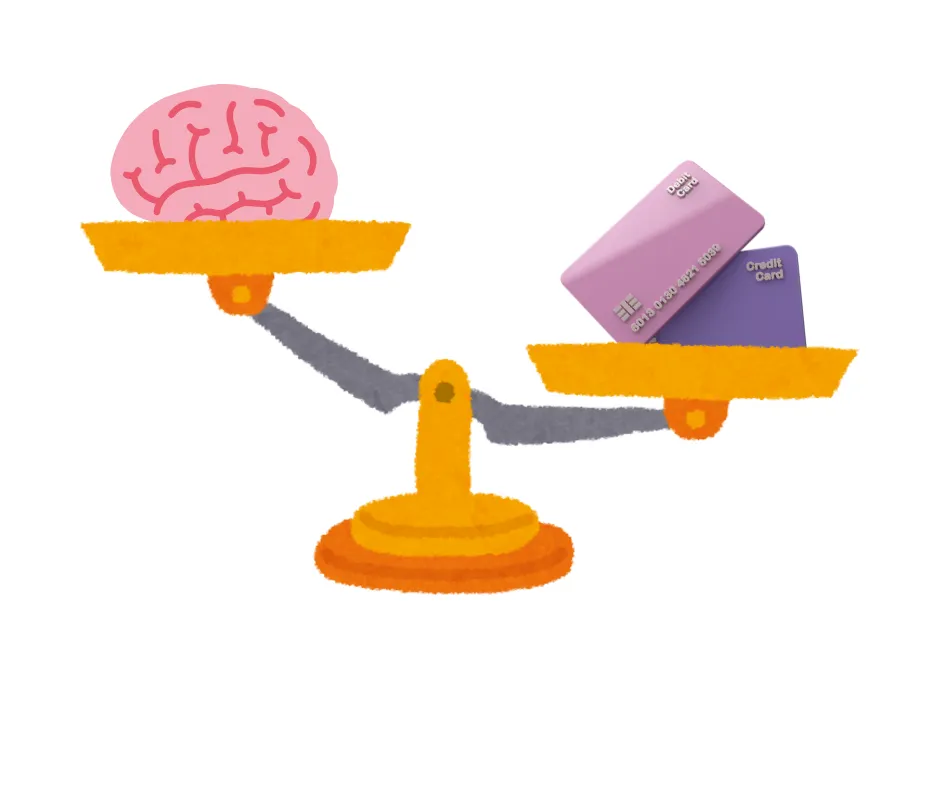
The Psychology of Credit: How to Build a Healthier Relationship with Your Finances
Credit isn’t just about numbers—it’s about behavior, mindset, and the choices we make every day. Understanding the psychology behind credit can help you build a healthier relationship with your finances, empowering you to make better decisions and achieve your financial goals. In this blog, we’ll explore the emotional and psychological factors that influence credit behavior and offer practical tips for improving your financial well-being.
Understanding the Emotional Side of Credit
Credit can evoke a range of emotions—from the thrill of approval to the anxiety of debt. These feelings often drive our financial decisions, sometimes in ways we don’t fully understand.
Instant Gratification vs. Long-Term Goals: The lure of instant gratification often leads us to make impulsive purchases on credit, forgetting the long-term consequences. Understanding this tendency can help you pause and consider whether a purchase aligns with your financial goals.
Fear and Avoidance: For many, the fear of facing financial realities leads to avoidance—ignoring bills, skipping credit report checks, or delaying debt repayment. This only exacerbates the problem. Confronting these fears is the first step towards financial empowerment.
Cognitive Biases and Credit Decisions
Our brains are wired with certain cognitive biases that can affect how we handle credit.
Optimism Bias: This is the belief that bad things won’t happen to us, like thinking you won’t miss a payment or accumulate too much debt. This bias can lead to risky financial behavior. Being aware of this bias can help you plan for realistic scenarios and safeguard your credit.
Anchoring Effect: This occurs when we rely too heavily on the first piece of information we receive—like the introductory rate on a credit card—without considering the long-term costs. It’s important to read the fine print and understand the full terms before committing to any credit product.
Building Positive Credit Habits
Shifting your mindset and establishing positive credit habits are key to building and maintaining a healthy credit score.
Budgeting and Planning: Create a budget that prioritizes paying off high-interest debt and avoids unnecessary credit usage. Use tools like spreadsheets or budgeting apps to keep track of your expenses and credit balances.
Mindful Spending: Practice mindful spending by asking yourself if a purchase is a want or a need, and how it will impact your overall financial health. This can reduce impulsive credit card use.
Regular Credit Monitoring: Regularly check your credit report to stay informed about your credit health. This not only helps you catch errors or fraud early but also keeps you motivated to maintain or improve your score.
Overcoming Credit Challenges
Even with the best intentions, life can throw curveballs that impact your credit. Here’s how to navigate common challenges.
Dealing with Debt: If you find yourself overwhelmed by debt, don’t panic. Consider strategies like debt consolidation, negotiating with creditors, or working with a financial advisor to create a repayment plan.
Rebuilding After Setbacks: If your credit has taken a hit, rebuilding it takes time and persistence. Start by paying all bills on time, reducing your debt-to-income ratio, and considering a secured credit card to gradually rebuild your score.
Conclusion
Building a healthier relationship with credit starts with understanding the psychological factors at play. By being aware of the emotional and cognitive biases that influence your financial behavior, you can take control of your credit and make choices that support your long-term financial well-being. Remember, credit isn’t just a financial tool—it’s a reflection of your habits, mindset, and goals. By cultivating positive credit habits, you can achieve greater financial stability and peace of mind.
